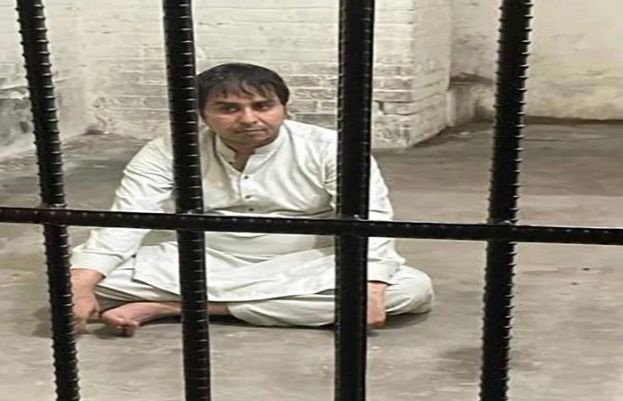
Earlier, the bill had been passed by the Senate Standing Committee on Law and Justice.
During the meeting chaired by Senator Javed Abbasi, the committee was told by government representatives that all the amendments in the bill were FATF’s demands.
To which the committee asked the government representatives to turn in a copy of the global watchdog's demands. Briefing the committee members on the UN Security Bill, the Special Secretary said that the Asia Pacific and the FATF were monitoring the situation and understood that some changes were needed in domestic law.
The National Assembly on Wednesday passed the Anti-terrorism (Amendment) Bill 2020 to get the country off the grey list.
Statement of Objects and Reasons of the anti-terrorism bill:
The Anti-Terrorism Act (ATA) 1997 though comprehensive in its scope lacked certain provisions concerning the implementation of United Nations Security Council Resolutions (UNSCRS) 1267 and 1373. The UNSCRs 1267 and 1373 were adopted under Article 41 of Chapter VII of the United Nations Charter making them obligatory for all members of the United Nations. Through UNSCR 1,267, member states of the United Nations implement the sanctions and take measures for assets freeze (targeted financial sections), arms embargo and impose travel ban on the entities and individuals who are designated on the sanction list. UNSCR 1373 requires member states to implement counter-terrorism measures, especially countering the financing of terrorism through their domestic laws.
The above obligation was implemented in Pakistan through the Anti-Terrorism Act, 1997. The penalties already provided in the said Act were not dissuasive for violations of assets seizure provision in section 11-O and provided the amount of fine was insufficient.
The new bill defined 'Person' in section 2 as follows: 'Person' means any natural or legal person including government body, autonomous or semi-autonomous entity, regulatory authority, body corporate partnership association, trust, agency or any other undertaking responsible for carrying out the purpose of this Act.
The amendment bill proposed to enforce the decisions of United Nations Security Council's Resolutions (1267 and 1373) which were related to counter-terrorism measures to be taken by the member states to check terrorism financing by making and enforcing such provisions in the domestic laws.
As per the federal legislative list provided in the Fourth Schedule of the Constitution of Islamic Republic of Pakistan 1973, the federal government for compliance of international treaties, conventions and agreements and international arbitration can make legislations and rules to enforce such decisions.
The bill provided that any refusal or non-compliance of the orders of the federal government under section 2 of the United Nations (Security Council) Act 1948 was a punishable offence under Section 1100. Violation of the UN Security Council Resolutions - and the person shall be:
a. Imprisoned for maximum 10 years or fine of 25 million rupees or both will be imposed.
b. Similarly, if a legal person as defined in the definition of 'person' under this bill commits an offence under this act, he will be fined for maximum of 50 million rupees and every director, officer or employee of such legal person if found guilty will be fined 25 million rupees and imprisonment of maximum ten years or both.
In addition to punishments under offences defined above, if any public servant was found negligent in complying with these provisions, the respective authority will take administrative actions against him under the respective service rules.
from Latest Pakistan News - SUCH TV https://ift.tt/2EyLu0d




